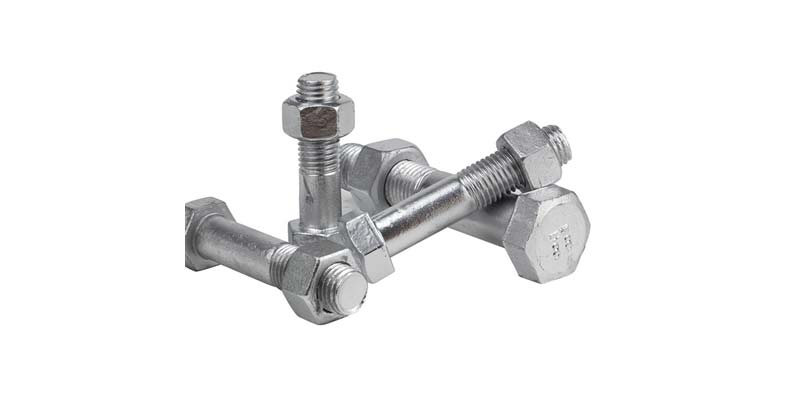- Contact Innally, Let you purchase forgings in China more favorable prices, products more assured!
- Hotline:+(86)15038323776 Email:innally@innally.com
What are the special requirements for aviation forgings?
- Category: Aluminium alloy forging, Metal forging
- |
- Date: 24/10/2023
aviation forgings need to have special requirements such as high strength, light weight, corrosion resistance, high precision, reliability and compliance with relevant standards to ensure the safety and stability of flight.
Product Details
Aviation forgings are an important part of aircraft manufacturing. Due to the special use environment and performance requirements of aircraft, aviation forgings also have some special performance requirements. The following are some special requirements for aviation forgings:
High strength and stiffness: Aviation forgings need to have high strength and stiffness to be stable when bearing the load and impact of the aircraft during flight to ensure the safety and stability of the flight. Lightweight: Aviation forgings need to be as light as possible to reduce the weight of the aircraft and improve the performance and efficiency of the aircraft. Therefore, aviation forgings usually use high-strength materials, such as titanium alloy, aluminum alloy, etc., and undergo precision processing and heat treatment to achieve lightweight and high-strength requirements.
Corrosion resistance: Aviation forgings need to have good corrosion resistance and be able to maintain their performance and stability in complex environmental conditions for a long time. Therefore, some special surface treatment and protective measures are usually used to improve corrosion resistance.

High precision: Aviation forgings need to have high precision size and shape accuracy to ensure the assembly and operation of aircraft components. Therefore, it is necessary to carry out accurate mold design and processing in the manufacturing process, as well as strict quality detection and control.
Reliability: Aviation forgings need to have extremely high reliability and be able to operate stably for a long time under complex environmental conditions. Therefore, strict quality control and testing are required in the manufacturing process to ensure the stability and reliability of each link.
Compliance with relevant standards: Aviation forgings need to comply with relevant national and international standards, such as ASTM, ISO, etc., to ensure their quality and safety. At the same time, it is also necessary to carry out a series of tests and inspections, such as mechanical properties testing, non-destructive testing, etc., to verify whether it meets the relevant standards and design requirements.
In short, aviation forgings need to have special requirements such as high strength, light weight, corrosion resistance, high precision, reliability and compliance with relevant standards to ensure the safety and stability of flight.
nannan
INNALLY mainly provides you with various types of cast and forged parts products. Welcome your inquiries! innally@innally.com
Related Products
Search
Forging center
- Steel forgings
- Aluminium alloy forging
- Titanium alloy forging
- Stainless steel forging
- Copper forging
- Automotive forgings
- Locomotive forging
- Bicycle forgings
- Motorcycle forging
- Rigging and fasteners
- Bearing forging
- Electric power fittings
- Marine forging
- Mechanical forgings for metalworking
- Mining machinery forgings
- Marine engineering forgings
- Construction machinery forgings
Popular product

© 2025. All Rights Reserved.






